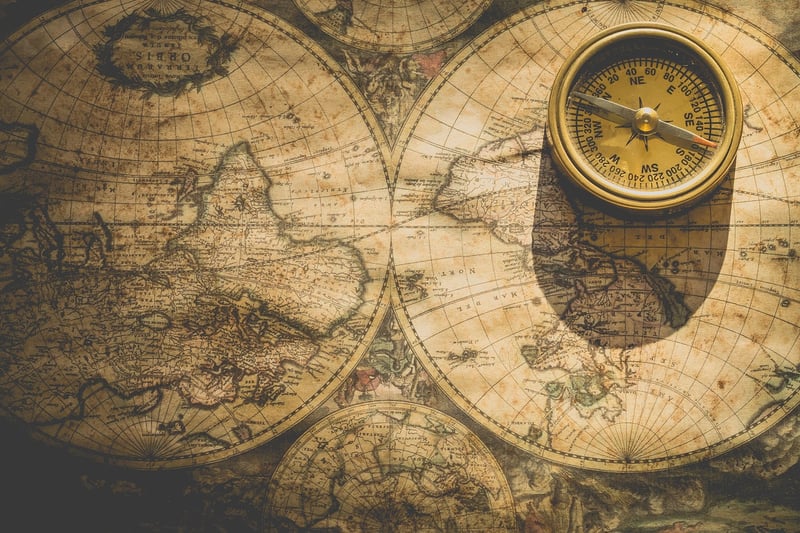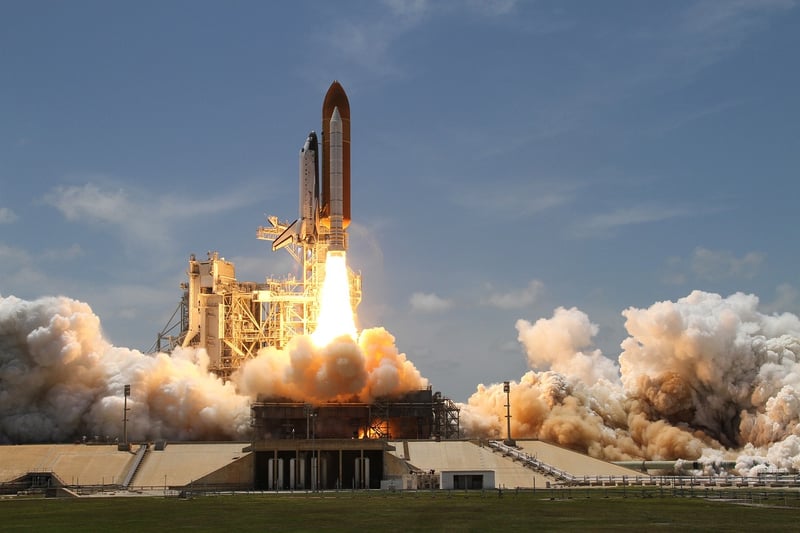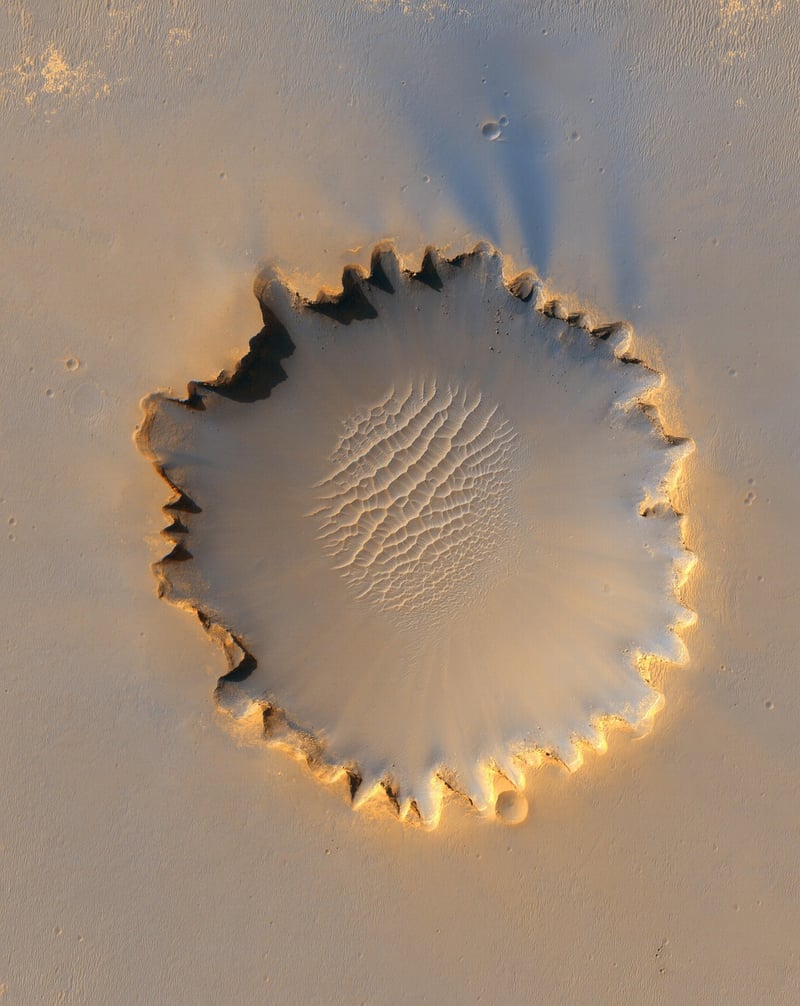Future Exploration
The Evolution of Exploration Through Different Eras and Future Prospects
The Age of Discovery (15th-17th Century)
The Age of Discovery marked a significant era in exploration, characterized by expeditions to uncover new lands, trade routes, and cultures. Visionaries like Christopher Columbus and Vasco da Gama embarked on daring journeys, expanding the known world and connecting distant civilizations.

The Golden Age of Exploration (18th-19th Century)
During the Golden Age of Exploration, pioneers such as James Cook and Lewis and Clark undertook voyages that mapped uncharted territories and contributed to scientific knowledge. This era witnessed the exploration of vast continents like Australia and the Americas.

The Space Age (20th Century)
The Space Age revolutionized exploration by venturing beyond Earth's boundaries. Achievements like the Moon landing in 1969 by Apollo 11 exemplified humanity's quest to explore the cosmos. The era saw the launch of satellites, space probes, and manned missions to space stations.

Future Exploration
The future of exploration holds exciting prospects with endeavors like Mars colonization, deep-sea exploration, and interstellar travel. Advancements in robotics, artificial intelligence, and space technologies are paving the way for ambitious missions to explore new frontiers.

Key Points:
- Exploration has evolved through different eras, from the Age of Discovery to the Space Age.
- Each era contributed to expanding human knowledge, connecting civilizations, and pushing boundaries.
- The future of exploration includes Mars colonization, deep-sea ventures, and interstellar travel.
- Technological advancements will play a crucial role in enabling future exploration missions.
In conclusion, exploration has been a driving force in shaping human history and expanding our understanding of the world and the universe. As we look ahead to the future, the spirit of exploration continues to inspire us to reach new heights and explore the unknown.
